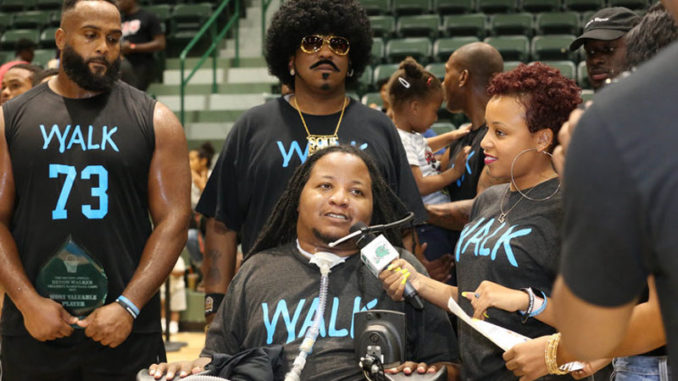
Established foundation to help others who are paralyzed
Devon Walker has had so much taken away from him. His primary focus, nonetheless, is to give.
Walker’s life changed drastically on Sept. 8, 2012, when the Destrehan High School alum and starting safety for Tulane suffered a severe spinal injury during a game against Tulsa. A collision with a teammate resulted in damage to his C3 and C4 vertebrae, leaving him paralyzed from the neck down.
The road hasn’t been easy for the Destrehan resident, but he has shown exactly how strong the spirit within him truly is. Walker has refused to let his injury define him: he not only returned to Tulane to complete his undergraduate degree, but also earned a Master’s degree in neuroscience from the school in 2017.
He’s been recognized numerous times for the inspiration and example he’s set for others, and he’s set out on a determined path to help others who have suffered similar misfortune.
He does that through the Devon Walker Foundation, which he founded in May of 2016 to address the increasing prevalence of spinal cord injuries and the inadequacies in available medical treatment and equipment for those who have suffered them. The non-profit organization provides education toward preventative efforts and focuses on increasing the quality of life for as many of those individuals as possible. The organization raises money for preventive efforts and future medical research towards curing spinal cord injuries.
“I realized as I went through everything and came across others in physical therapy or elsewhere … there are people in wheelchairs who are going through the same situation I am, but may not have the same family or financial base like I have,” Walker said. “I’ve been fortunate to have the people at Tulane looking out for me, and the Saints organization … I thought, what can I do to help people figure things out and help people in my situation?”
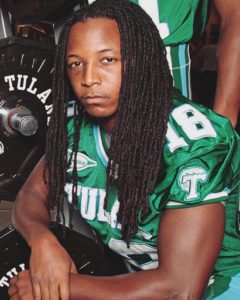
Examples of help the organization provides include providing non-emergency transportation, such as rides to class or therapy; customizing parts of a home with specialized equipment (such as ramps or specialized computer items, like a mouse); and providing a source of information of places in the area that are wheelchair accessible, among other services.
“If someone is injured and wants to go back and get their high school or college degree, we try to help them do that,” Walker said. “Or help someone to get a specialized van, or even a regular car, if they have enough movement … (or) let people know what to look for and what their rights are when looking for jobs.”
When Walker was injured, it took him more than two months to be able to return home. Once he began attending physical therapy, he said that gave him purpose, but it ultimately wasn’t enough.
“You get depressed, because you want to get back to where you were, and you’re putting in the work but not seeing the results come as quickly as you want,” Walker said. “It wears on you … I’d get depressed and get angry. I realized I needed some balance, and to get out the house and find things that make me happy and motivate me.”
Part of that is the work he does through his foundation, but Walker can also be spotted often enjoying the success of his alma mater at a Destrehan football game, or out and about with his friends.
[pullquote]“We want to help more people … of course, it doesn’t happen overnight. You work your way up and build it.” – Devon Walker[/pullquote]He’s stuck to his physical therapy routine, attending regular sessions at Touro Hospital in New Orleans in order to keep his body ready if a way to repair a spinal cord injury is found. He pursued and earned his neuroscience degree in part because he wanted to educate himself about his own situation and injury, and to become aware of what future trials and treatments could benefit him as he continues to progress.
His ultimate hope is to walk again, but he isn’t putting his life on hold in the meantime.
Walker visits schools in the region to educate young athletes on how to not only prevent spinal injuries, but also concussions, as well as how to recognize the signs of a concussion if one does incur one — he said concussion education is an area his neuroscience education has allowed him to enter, and one he says he’d like to expand upon.
He recently received a major honor when Tulane retired his No. 18 jersey in August. The number was retired not only in football, but for all of Tulane athletics. The school continues to honor Walker on the football field, designating one player to bring out a flag with No. 18 emblazoned on it for each game.
The Devon Walker Foundation holds events periodically to raise money for its efforts, which include an annual summer football camp at Tulane as well as charity basketball games.
“It was very touching,” Walker said. “Most of the people who were there at the time I got hurt are gone now … it just showed me that even though so many new faces are there, the Tulane community is still behind me.
“A lot of it right now is just getting the word out that there is a foundation that can help,” he continued. “We want to help more people … of course, it doesn’t happen overnight. You work your way up and build it.”
He said the most rewarding part is when he sees someone who the foundation’s efforts have positively affected.
“When I see people out maybe at a festival or a football game and know them from therapy … and maybe we helped them find transportation or helped set up their room, and I see them six months, a year after that first meeting and they’re able to get around … to help them do that, it’s really the most rewarding part,” Walker said.

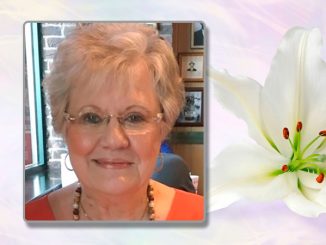

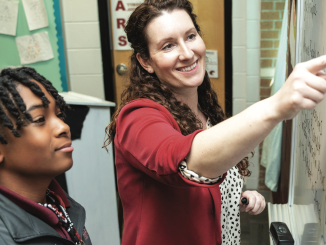
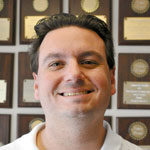

Be the first to comment